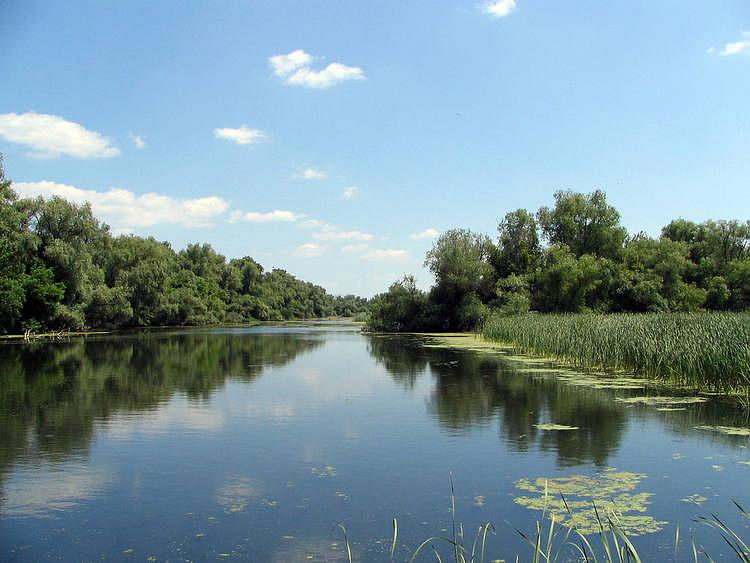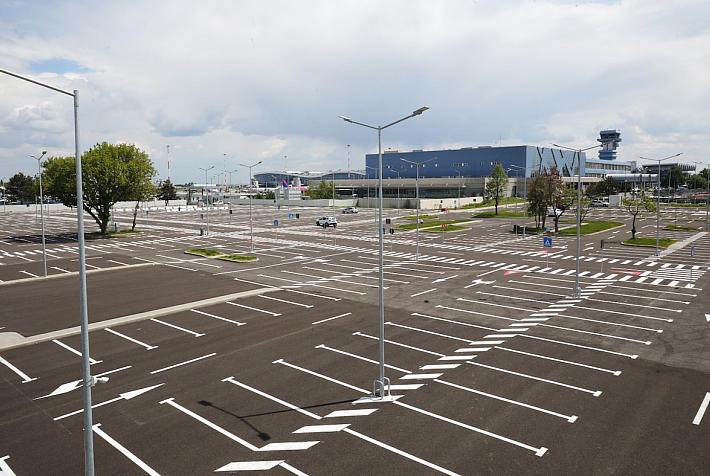Researchers find over 9,500 species in Romania’s Danube Delta

Researchers in Romania have identified 9,581 species in the Danube Delta Biosphere Reserve (RBDD), but at least one-third of them are endangered, according to a census cited by local Agerpres.
The data presented by Romanian researcher Mihai Doroftei showed that the number of species in the Danube Delta increased by 22% compared to 2008, when almost 7,440 species were identified.
The greatest increase reported during the species’ inventory was observed in the insect category, their number almost double compared to the 2008 census.
However, according to Doroftei, at least one-third of the species in the Danube Delta are endangered, which implies the need to take conservation measures or rethink management actions.
“For example, channel dredging in the Delta leads to improved water circulation but also has this negative effect due to the way work is done. What is taken from the bottom of the canal is just put on the shore, which means that the existing vegetation is covered, allowing the appearance of some invasive pioneer species,” he said.
Changing the type of land use, resource exploitation and the influence of invasive species are among the causes that lead to the biodiversity decline in the Danube Delta.
The first censuses of species in the Danube Delta Biosphere Reserve were made in 1994, when specialists identified 3,486 species. The next inventory took place in 2000, when researchers identified 5,380 species.
The Danube Delta is the second largest river delta in Europe and the best preserved on the continent. In early February this year, British daily The Telegraph included the delta in a list of 25 places in Eastern Europe to see in a lifetime. High altitude road Transfagarasan was also included on the list.
Illegal fishing remains one of the Danube Delta’s biggest problems
Irina Popescu, irina.popescu@romania-insider.com











